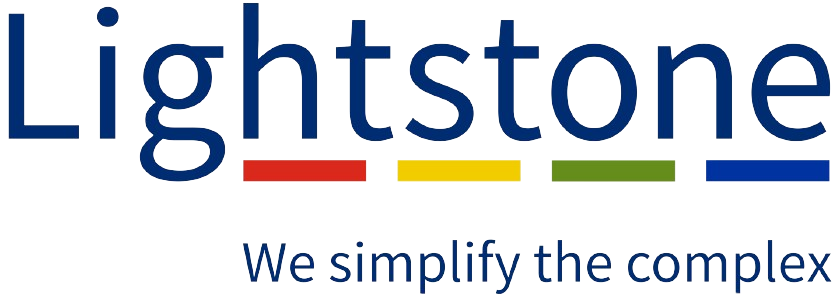Cape Town leads stock count and sales in upper price bands, Joburg and Ekurhuleni in the lower band
Sales activity of three selected residential property price bands in South Africa’s six major metros in 2021 and 2022 point to where property prices are holding up well, and what type of properties are in demand.
The price bands – around R600k, around R2m and around R5m – accounted for 433 000 total stock units across six metros. The total sales of these properties over two years amounted to 38 000 units, just under 9% of the total stock. The percentage of sales to stock rises as the properties become more expensive, suggesting higher income earners have been less affected by the economic headwinds than lower income earners.

Cape Town leads in both stock count and sales count, in the mid and higher price bands selected by Lightstone for assessment, while Gauteng’s Johannesburg and Ekurhuleni have the most stock in the lower price band.
Gauteng dominates R600k price band
The stock of 200 000 in the six metros is made up of 150 000 (75%) Freehold and 50 000 (25%) Sectional Title units
However, the transaction rate within Sectional Schemes was higher, with 56% of the 15 000 sales taking place in Sectional Scheme, as opposed to 44% on Freehold properties. This suggests that demand for Sectional Scheme units is high in this price band as homeowners opt for the safety and lifestyle benefits this category offers.
Furthermore, just 15% of sales took place in townships, with 85% in the suburbs, despite the stock being half in townships and half in the suburbs.
Johannesburg (54 000) and Ekurhuleni (47 000) have the most stock in this price band, and recorded the most sales, 3 900 and 3 700. Cape Town had the third most stock (38 000) and fourth most sales (2 300). Nelson Mandela Bay is at the other end of the spectrum, with just 9 800 units stock and under 1 000 sales.

Cape Town leads R2m price band
Cape Town leads with the highest volume of stock (65 000) and sales (5 300), significantly higher than Johannesburg with 48 500 stock and 4 500 sales – but the proportion of sales vs stock (or churn) in Johannesburg was higher at 9.2% compared to Cape Town’s 8.3.
In contrast with the R600k band which consisted of Freehold and Sectional Scheme units, Estates accounted for 36 600 units (both Freehold and Sectional Scheme), representing 18.5% of all properties. Freehold (121 000) accounted for 62% and Sectional Scheme units for 19.5% (38 000). The proportion of Estate stock in this price band is lower than in the R5m category.

Cape Town on top in the R5m band
There are around 37 000 properties in this price band and there have been just under 4 000 sales in 2021 and 2022.
Most units in this band are found in Cape Town (almost 15 000) and Johannesburg (more than 10 000), with Ekurhuleni (3 500), eThekweni (3 600) and Tshwane (4 500) much smaller. In Tshwane, more than 70% of the stock is in Estates, while in Johannesburg Estates account for 42%, and in Cape Town only 22% of the stock is located within Estates.



In Cape Town, 4 000 properties in this price band are found in Sectional Schemes in Sea Point, Freehold houses in Rondebosch, Claremont, Welgemoed, Pinelands, Plattekloof, Newlands, Vredehoek and Tokai, and then Estate properties in Big Bay and Dennegeur.

In Johannesburg, most R5m properties are found in Bryanston (Freehold and Freehold within Estates), Kyalami Estates, Dainfern Estates (though a large proportion of the estate is valued higher), Parktown North (Freehold), Fourways Gardens (Estate), Morningside (Estates and Sectional Scheme properties), Craighall and Parkview. The highest sales volumes were found in Bryanston, Dainfern and Kyalami Estates.

In eThekwini the highest concentration of stock is found in Durban North (Freehold), Kloof (Freehold in Estates), Umhlanga Rocks (Sectional Scheme and Freehold), La Lucia (Freehold), Herrwood Park (Freehold, Umhlanga) and Mount Edgecombe.

